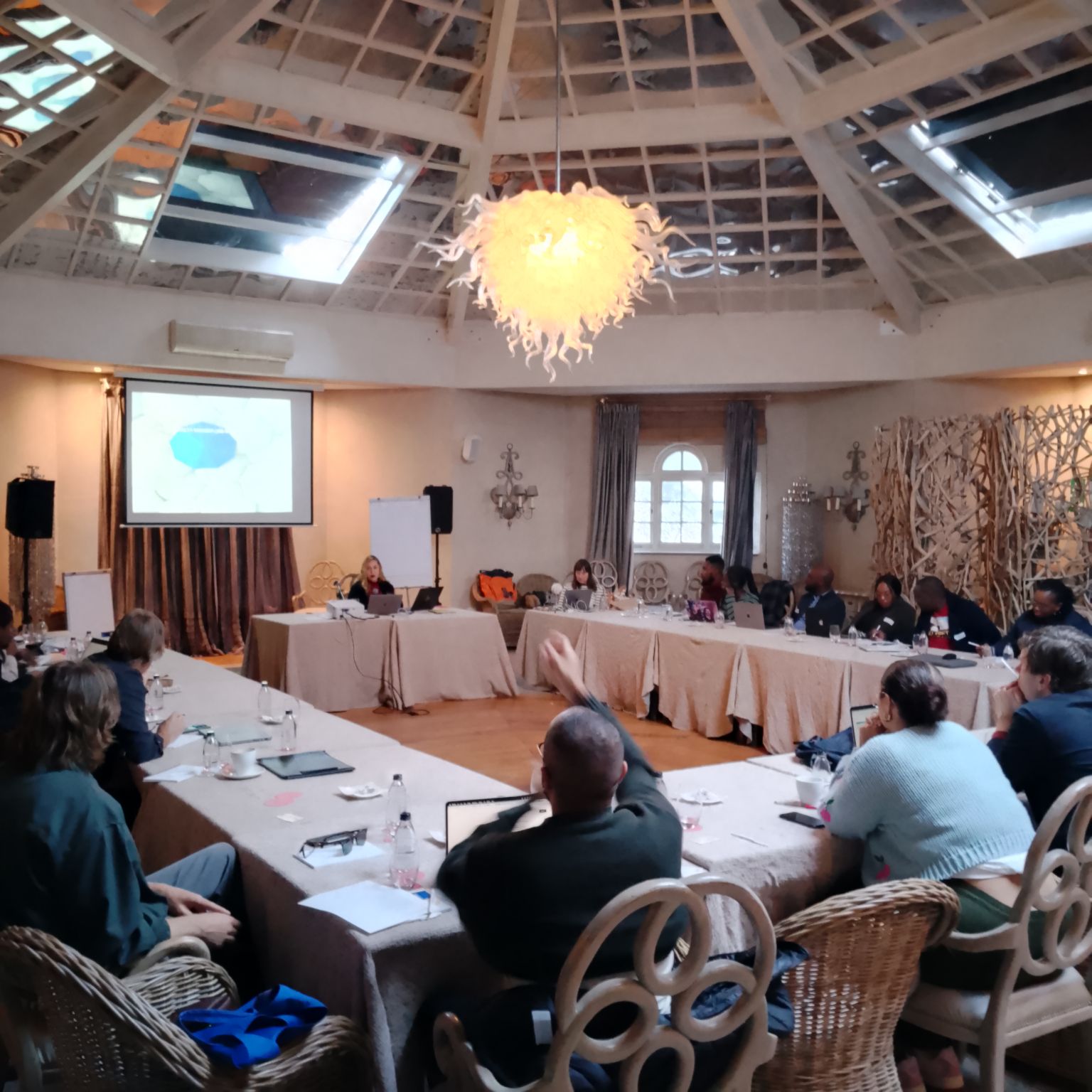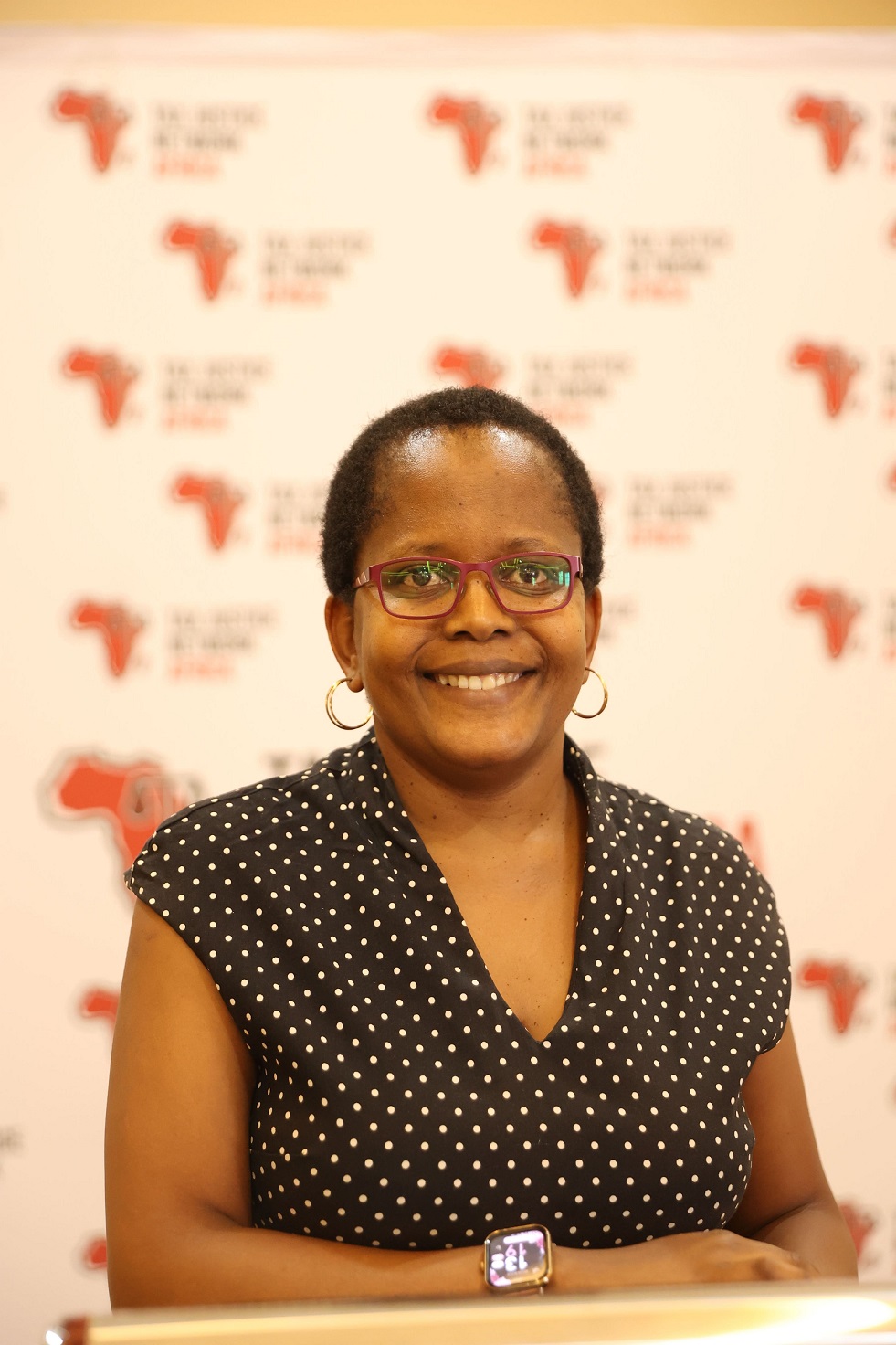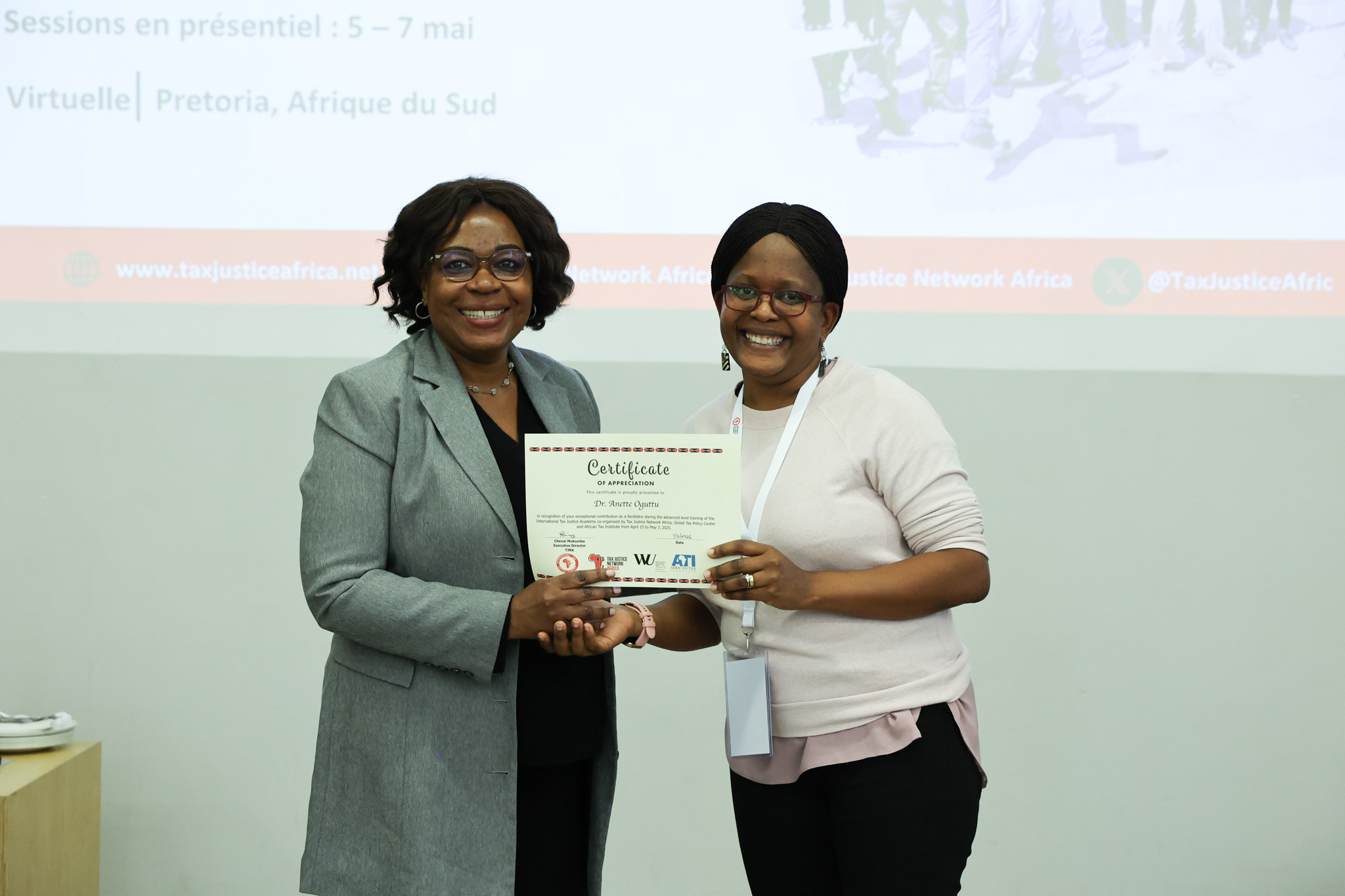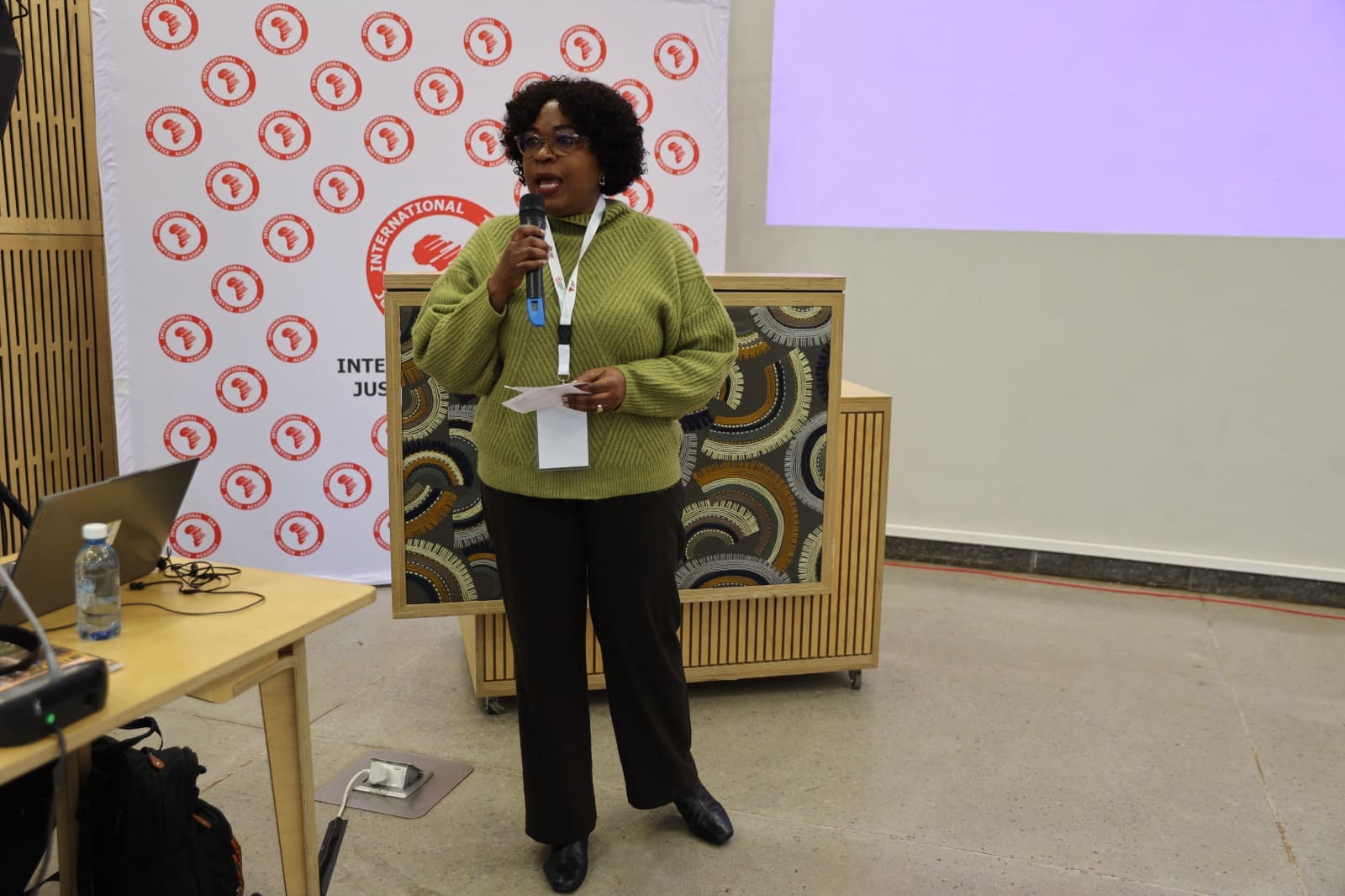Built on top of the tax practices within the imperial trading blocs of the 1920s, the international tax system has historically been against developing country interests.
Nairobi, 17 February 2020 – The Inclusive Framework of the Organization for Economic Cooperation and Development (OECD) on base erosion and profit shifting (BEPS), also referred to as ‘’Inclusive Framework’’, has been discussing the taxation of transnational corporations and tax challenges arising from the digitalisation of the economy. In 2019, the OECD Secretariat ‘unified approach’ proposal claimed to combine elements of three propositions initially put forward by the USA, UK and G24, and included in the agreed work programme of the Inclusive Framework. Unfortunately, this Inclusive Framework ignores central elements of the said G24 proposal.
The G24 proposal, championed by several developing countries within the OECD Inclusive Framework, is now effectively off the table and the reform is likely to benefit OECD countries at the cost of developing countries’ interests. Alvin Mosioma, the Executive Director of Tax Justice Network Africa (TJNA) said: ‘’Developing countries must realise that they have come to the end of the rope and it is high time they explore alternative avenues that would secure taxing rights’’.
The Independent Commission for the Reform of International Corporate Taxation (ICRICT) which is chaired by José Antonio Ocampo and includes various experts had called for the G24 proposal to be placed back on the negotiating table and endorsed as the best way forward for a new international tax system, particularly one that works for developing countries. Now that it is clear that this G24 proposal is not going to be part of the OECD Inclusive Framework’s work programme, it is time for developing countries to take stock of how and where their interests are best protected. TJNA calls G77 and China to table this issue for discussion by an intergovernmental process under the United Nations General Assembly and introduce the G24 proposal.
TJNA also supports the observations and recommendations of the authors of the paper ‘’Time for developing countries to go beyond the OECD-led tax reform’’ who expressed that there should be no illusions about OECD BEPS 2.0 which is more of BEPS 1.0 – the priority of the OECD Secretariat, which is leading the process, has always been and will continue to be about protecting OECD interests.
Contacts: Cynthia Umurungi, Communication Officer, Mail: cumurungi@taxjusticeafrica.net
| Attachment | Size |
|---|---|
| Press-release-OECD-tax-inclusive-framework-not-that-inclusive-9.pdf | 144.19 KB |





